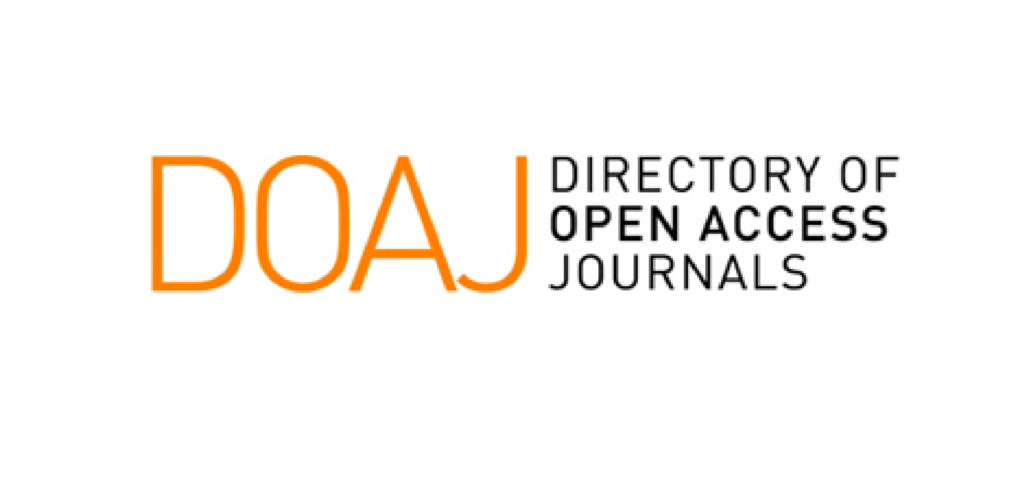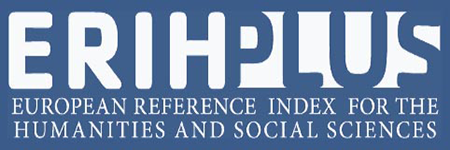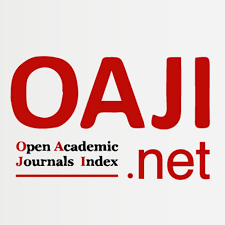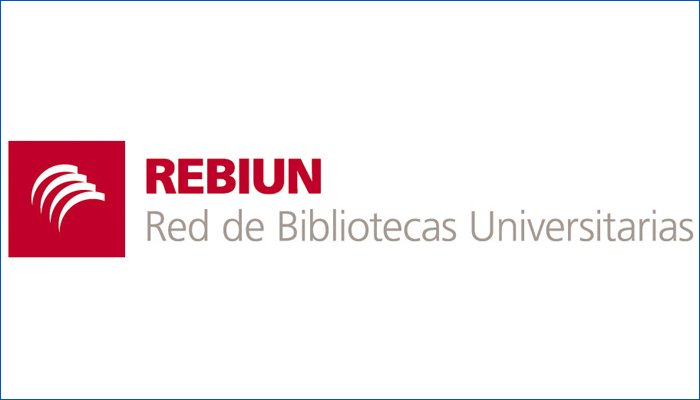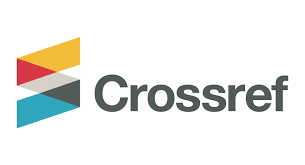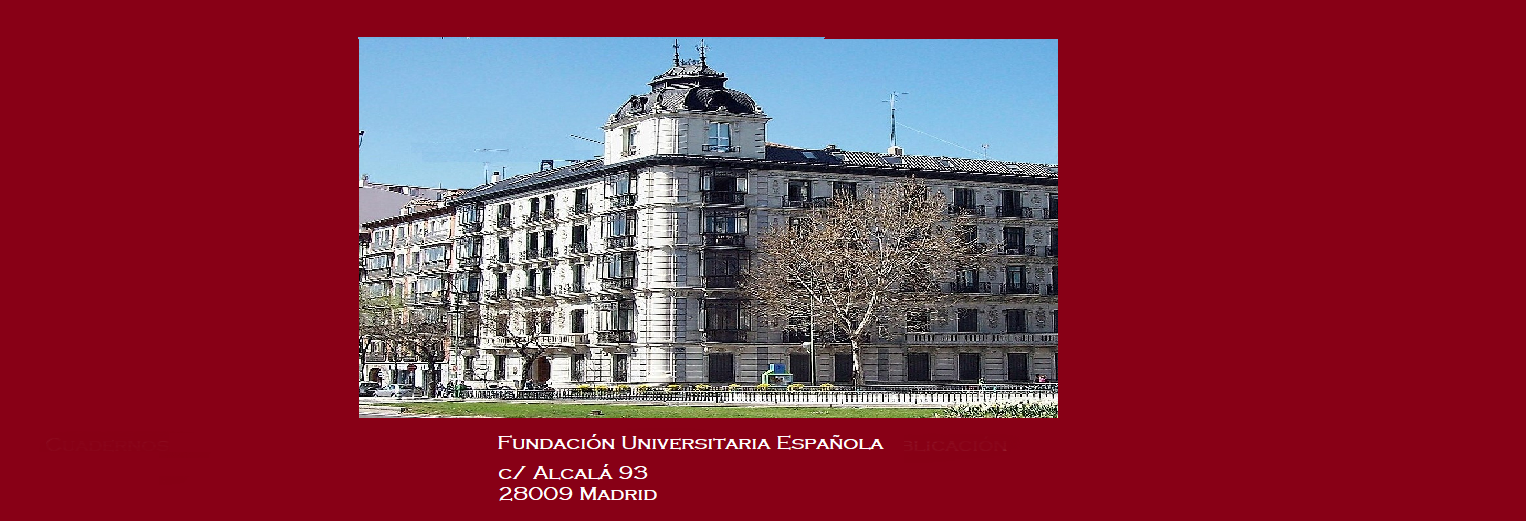
Proceso editorial y protocolo de revisiones externas
CILH confirms receipt of the works sent by authors and provides information via email and via the OJS platform regarding the estimation/rejection and acceptance/rejection processes, as well as, in case of acceptance, the editing process. The journal does not charge authors (or readers) any fee for submitting or processing articles.
Within a maximum of 30 days from the receipt of each work, authors will receive notification indicating whether the work has been rejected or preliminarily estimated for evaluation by scientific advisors. The Editorial Board will reject manuscripts that present formal deficiencies or whose content does not correspond to the thematic focus of the publication. No further correspondence will be maintained with authors of rejected articles. In case of minor formal deficiencies, they will be returned to the author for correction before the evaluation process begins. The date of receipt of the work will not be counted until the manuscript is properly received. We recommend that authors ensure they comply with additional requirements on the self-check list before submitting their manuscript.
Once the manuscript has been preliminarily reviewed by the Editorial Board and examined for originality through anti-plagiarism tools, the maximum period for scientific evaluation is 90 days. Manuscripts will be anonymously evaluated by a minimum of two experts in the field. In case of disagreement, the manuscript may be subjected to a third review by a specialist. Based on external reports (see annex to the scientific reviewer protocol), the decision to accept/reject articles for publication will be made, as well as any recommended modifications by the evaluators. The protocol used by the journal's reviewers is public. Authors of positively evaluated works requiring modifications will receive a single, anonymous evaluation so they can make the corresponding improvements or replies. These modifications must be made within a maximum period of 15 days.
Authors of accepted articles that have already been modified according to the evaluators' suggestions will receive proofs for proofreading. During the revision phase, the author may only make minor corrections to the content of the original manuscript that has already been evaluated. We recommend that authors acquire printed copies for free distribution among colleagues and institutions to support the editorial project.





